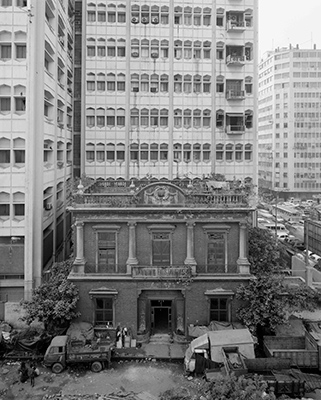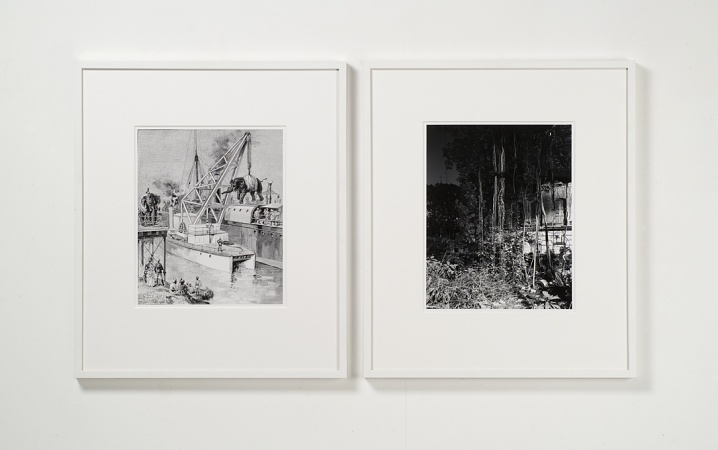“They are not dead, but sleeping,” wrote Thomas De Quincey in 1822 in his Confessions of an English Opium Eater. De Quincey was an important writer in the literary genre called drug literature. In his book, he introduces opium as a gateway to “the secret inscriptions of the mind,” with guidelines for using the drug both to intensify aesthetic pleasure and to recall forgotten memories, a more frightening enterprise. Joachim Koester looks into drug history by researching the opium trade that the British East India Company set up with China.
Calcutta played a major role in this history, as it was here that the opium was auctioned off and shipped to China. In 1830 the trade made up one-sixth of the gross national product of British India. The trade led to two Opium Wars, one in 1841 and one in 1856. The First Opium War ended with the signing of The Nanking Treaty in August 1842, one of the most humiliating defeats in Chinese history, which secured the British opium trade in China and ultimately created millions of Chinese opium addicts.
They would often end up so destitute that they were forced to immigrate and work as cheap laborers in Europe and the US, bringing their opium addictions along with them. The result of Koester’s research is a text and the photographs Calcutta Served
as a Basis for British Expansion in the East. Though Joachim Koester set out to find traces of the opium history in the local official museums, he found that they had been omitted from the official history. The image on the left, of an elephant being lifted onto a boat, is a photograph of a print that he found in a book he bought in Calcutta. The image on the right is a photo that the artist took of the ruins of an ancient Bhadralok palace.
The Bhadralok were a class of gentlefolk that were close to the English and arose during colonial times. The book mentions that they would feed opium to their dogs as a
parlor game.
Joachim Koester, born 1962 in Denmark, lives and works in Copenhagen


